One of the things she was doing with her youth group was that they were learning how to protest peacefully at the library. At the library in Montgomery, people of colour could not go there to take out their books. They had to go to a trailer that was in very poor condition. They would try to reserve a book. And whatever reason they were reserving the book for, to do a project for a paper that may need to be done by the end of the week or the following week, it might be months, you know, before the book arrived. Definitely long after the project had ended. And sometimes after the semester had ended. So Mrs Parks' young people, they in fact dressed up in their Sunday best, and went to the library. And each asked the white librarian, if they could reserve a book, if they could take out a book. And she was just so flustered "Oh, oh, oh". No, they could not do that. And the next person would come up to the line, she would say "No, no, no you can't reserve a book, you can't take out a book here". And they would go to the end of the line and one after the other, until they shut the library down. They shut the library down because all of these black people were coming in wanting to reserve a book. So it was a very successful protest also. And eventually that segregated facility was open again.
So there were many people that we're motivated to, in fact, stand up for their rights. So that segregation was abolished in public facilities. After all, people of colour paid the same taxes that white people paid. But yet, we had to be humiliated, according to this unfair system. So Mrs Parks, in fact, sitting for her rights, really put a lot of things in motion or brought attention to it. She wasn't the person who started the civil rights movement, as people often say. People had been fighting for their rights for years and years and years. She's affectionately known as the mother of the modern civil rights movement. This was a new era. But there were many people before her who had stood up for their rights.
